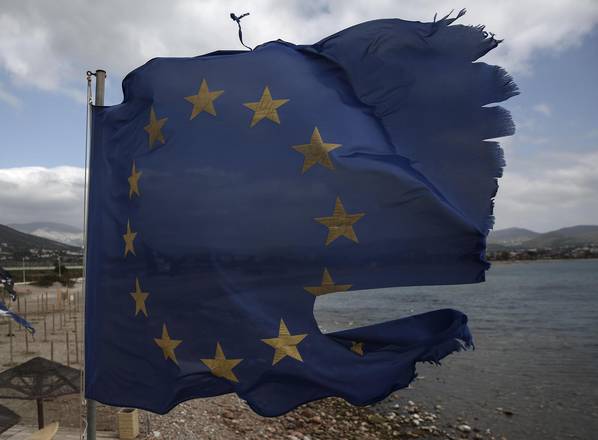The Return of the Eastern Wind
New World Balances on the European Eastern Borders
31 January, 15:55by Pierluigi Franco
(ANSA) - TRIESTE - Diplomacy seems increasingly breathless in front of what is happening in the world: too many outbreaks of conflicts and too much terrorist cruelty. And all of this happening too quickly. It is in this context of great confusion of the international political scene, that reappears the key role of the East. It is no longer that of Yalta, but something seems to have definitely changed in the last year, so as to portent for the immediate future a return to the balance of the past, at least nearly. If, indeed, Putin's Russia comes back, proving on field to have conquered again an international weight that was dangerously lost with Gorbachev and Elsin, different is the varied panorama of the countries that were part of the "block" and those that make the delicate Balkan context still undermined by mistrust, intolerance and weakness. However the Balkans have, also, to deal with pockets of Islamic fundamentalism, more or less, and not only, hidden in the Bosnians and Kosovaars maze. The Dayton agreements, which effectively opened that area of Europe just 20 years ago, are likely to falter also in front of the uncontrolled migration flows along the "Balkan route", that led a flood of people, almost everyone without identity, to the heart of the EU. On the Balkan borders are, so, back the barriers, this time of barbed wire. This is legitimate for countries that feel threatened the duty of defending its citizens, but dangerous for the drifts of nationalistic character that this may cause and of which it is already possible to feel signals.
Someone, including the Security Services of some EU countries, aired a planned attack to the integrity of Europe through this uncontrolled migration. An event which, in future, could be able to bring down the social arrangements and the internal welfares, but also the economy and the security. There are some who wonder where people in condition of great poverty have been able to take sums, for them unimaginable (from 3,500 to 8,000 dollars each), to pay human traffickers. A criminal affair of billionaire dimensions which no one seems to have taken into account, limiting summarily to the humanitarian aspect. Therein, lies the biggest danger: the nationalist reaction which has led in the past to the many problems and conflicts in Europe, and of which the spirit of the EEC first, and then of the EU, had struggled off tensions. Benedetto Croce dreamed of a Europe of homelands, understood as a large state able to defend identity and different cultural heritages, in contrast to the Europe of nationalisms, carrier of hate and devastating conflicts. It was the same dream that inspired Altiero Spinelli, during the exile in Ventotene, dreaming of a European federal state. Yet, now, from the Eastern wind, also the one of the East fully entered into the EU, there seem to not always come grounds of calm.
From the Ukraine of the quickly married causes by a confused and clumsy EU, to the Balkans of the unsolved problems, 2016 promises to be full of uncertainties. The world is changing too hastily, and the European Est is preparing to be again the fundamental area for the geopolitical arrangement. Perhaps, the events of Paris and the sacrifice of the numerous victims will help to encourage the EU to make its foreign policy less blind, to make it clear that the new world balances are played on the eastern border, and even within the Union itself, to find again the strength of the great Europe, homeland of thought and civilization, and to be less servile to the will of others.
Essential conditions for safety and credibility. (ANSA)














